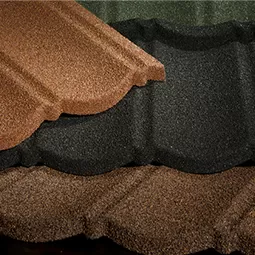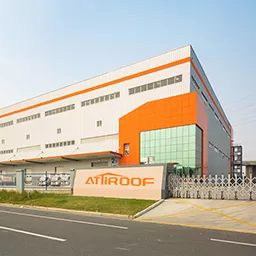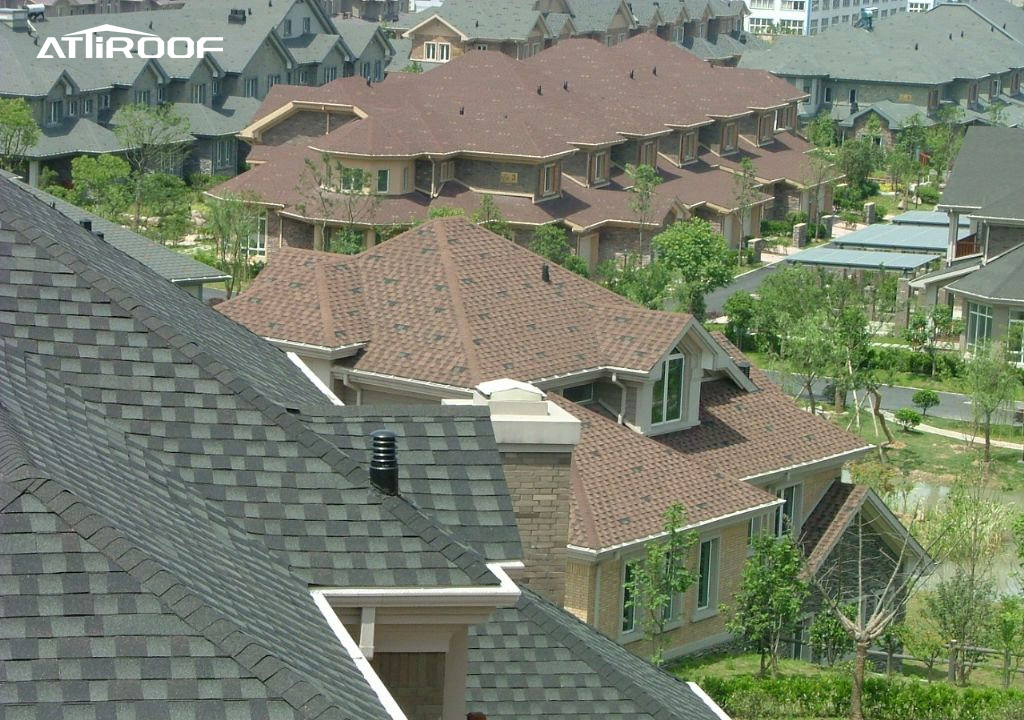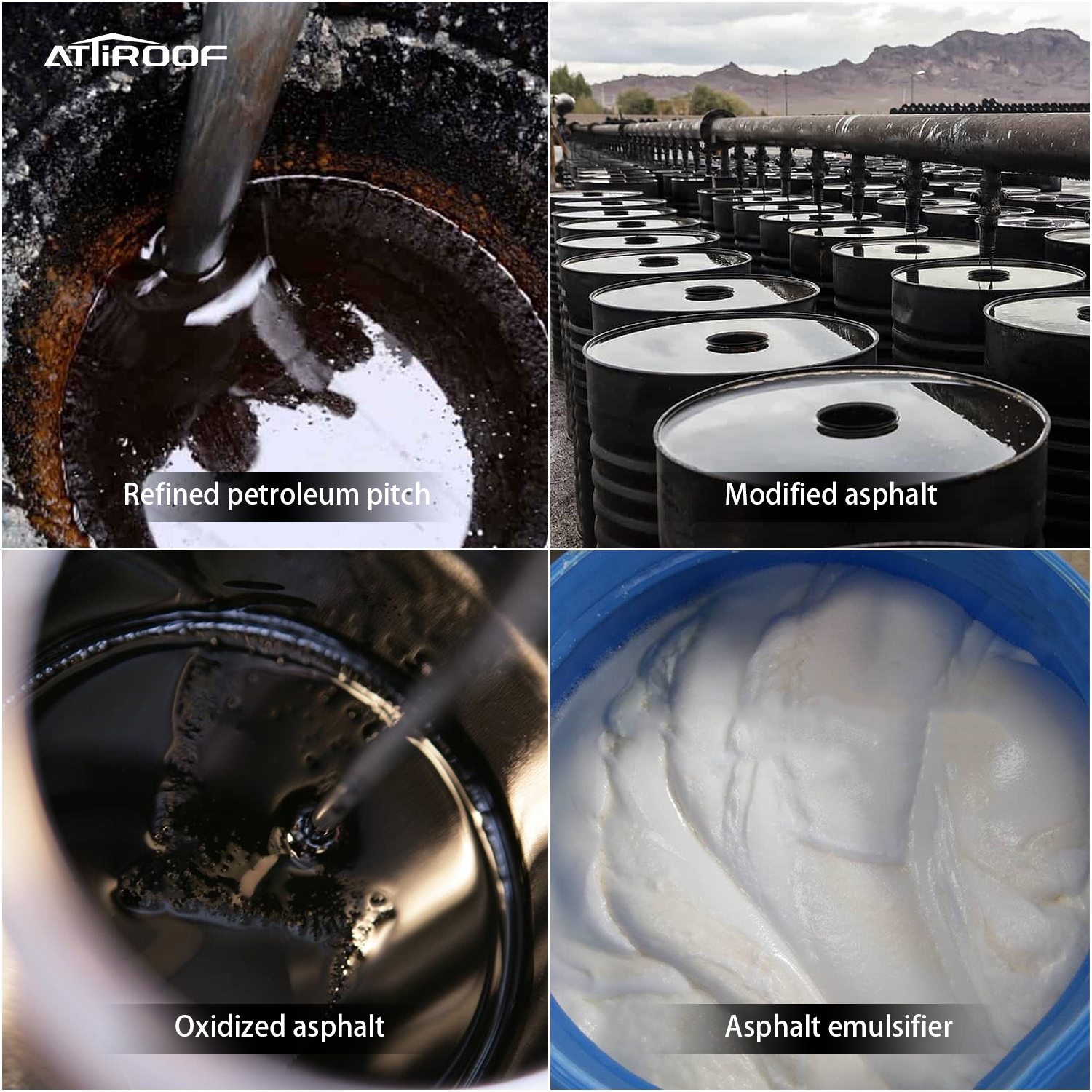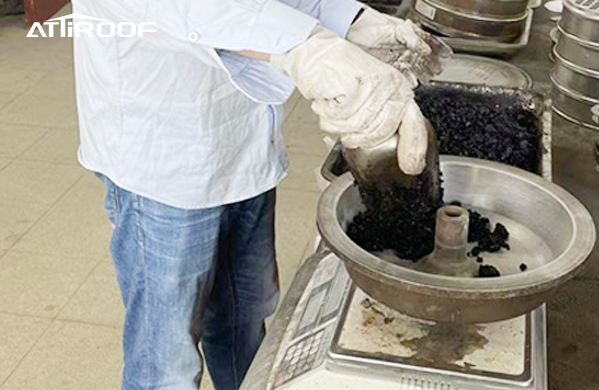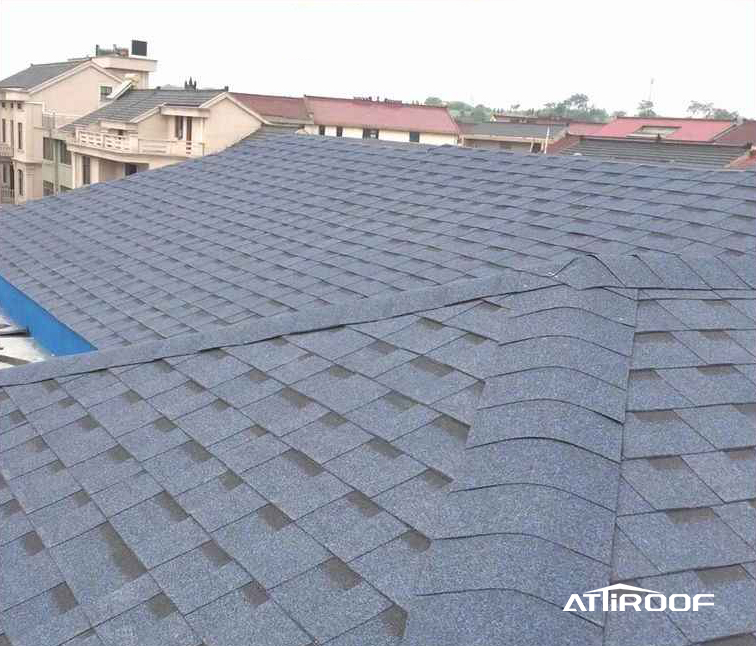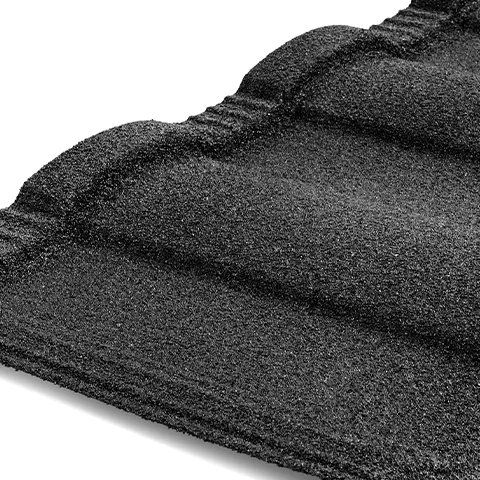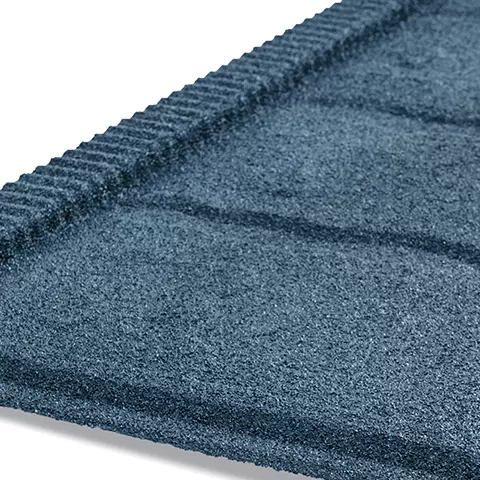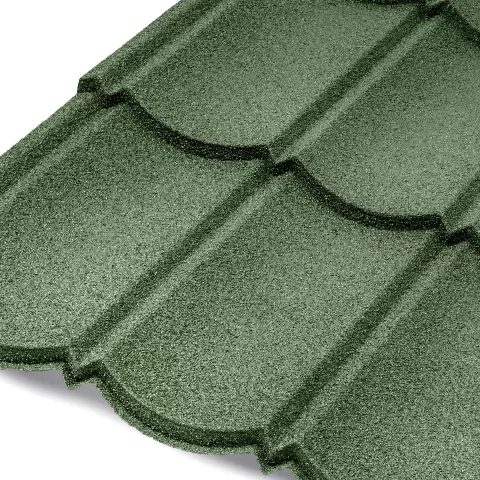The versatility and robustness of asphalt have cemented its role as a pivotal material across various construction disciplines. Beyond its fundamental utility, asphalt offers an array of benefits that underscore its preference for projects that span the spectrum from bustling roadways to protective roofing. This segment delves into those advantages, showcasing why asphalt emerges as a superior selection for enhancing infrastructure durability, environmental sustainability, and cost-efficiency. Through exploring its recyclability, durability, noise reduction capabilities, cost-effectiveness, and the swift nature of asphalt projects, we unveil the comprehensive value asphalt brings to construction and development efforts worldwide.
Asphalt is 100% Recyclable
One of the most significant benefits of asphalt is its sustainability through recyclability. Asphalt is the most recycled material worldwide, with the reclaimed asphalt pavement (RAP) being reused in new asphalt mixtures. This not only conserves natural resources but also reduces the carbon footprint associated with the production of new asphalt.
Asphalt's noise-dampening properties are often overlooked but highly beneficial. The open-graded surfaces of certain asphalt mixtures can significantly reduce road noise, making it a preferred material for urban areas and residential neighborhoods. This feature extends to roofing, where asphalt materials help in absorbing sound, contributing to quieter, more serene indoor environments.
For example, at Attiroof, we incorporate RAP in our roofing products wherever possible, contributing to a healthier planet by minimizing waste and preserving natural aggregates.
Asphalt is Durable and Long Lasting
Durability is another hallmark of asphalt, attributing to its widespread use in constructing roads and roofs that are meant to last. Asphalt's flexible nature allows it to withstand varying traffic loads and weather conditions without significant degradation. This resilience translates into longer life spans for asphalt-paved surfaces and roofs, ensuring they remain functional and in good condition for years, reducing the need for frequent repairs or replacements.
Asphalt is Good for Noise Reduction
Asphalt's noise-dampening properties are often overlooked but highly beneficial. The open-graded surfaces of certain asphalt mixtures can significantly reduce road noise, making it a preferred material for urban areas and residential neighborhoods. This feature extends to roofing, where asphalt materials help in absorbing sound, contributing to quieter, more serene indoor environments.
Asphalt is Cost Effcient
Cost efficiency is a critical factor in the selection of construction materials, and asphalt stands out in this regard. Its lower initial costs, combined with the longevity and minimal maintenance it requires, make asphalt a cost-effective solution for both paving and roofing projects. The ability to recycle asphalt further enhances its cost-efficiency, offering economic advantages over the lifecycle of the product.
Asphalt Projects Can be Completed Quickly
The quick completion of asphalt projects is a significant advantage, especially in time-sensitive construction endeavors. Asphalt paving and roofing can be performed relatively quickly, allowing roads and buildings to be usable in a shorter timeframe. This rapid turnaround minimizes disruptions and is particularly beneficial in high-traffic areas where delays can lead to congestion and in roofing projects that need to be completed before adverse weather conditions.
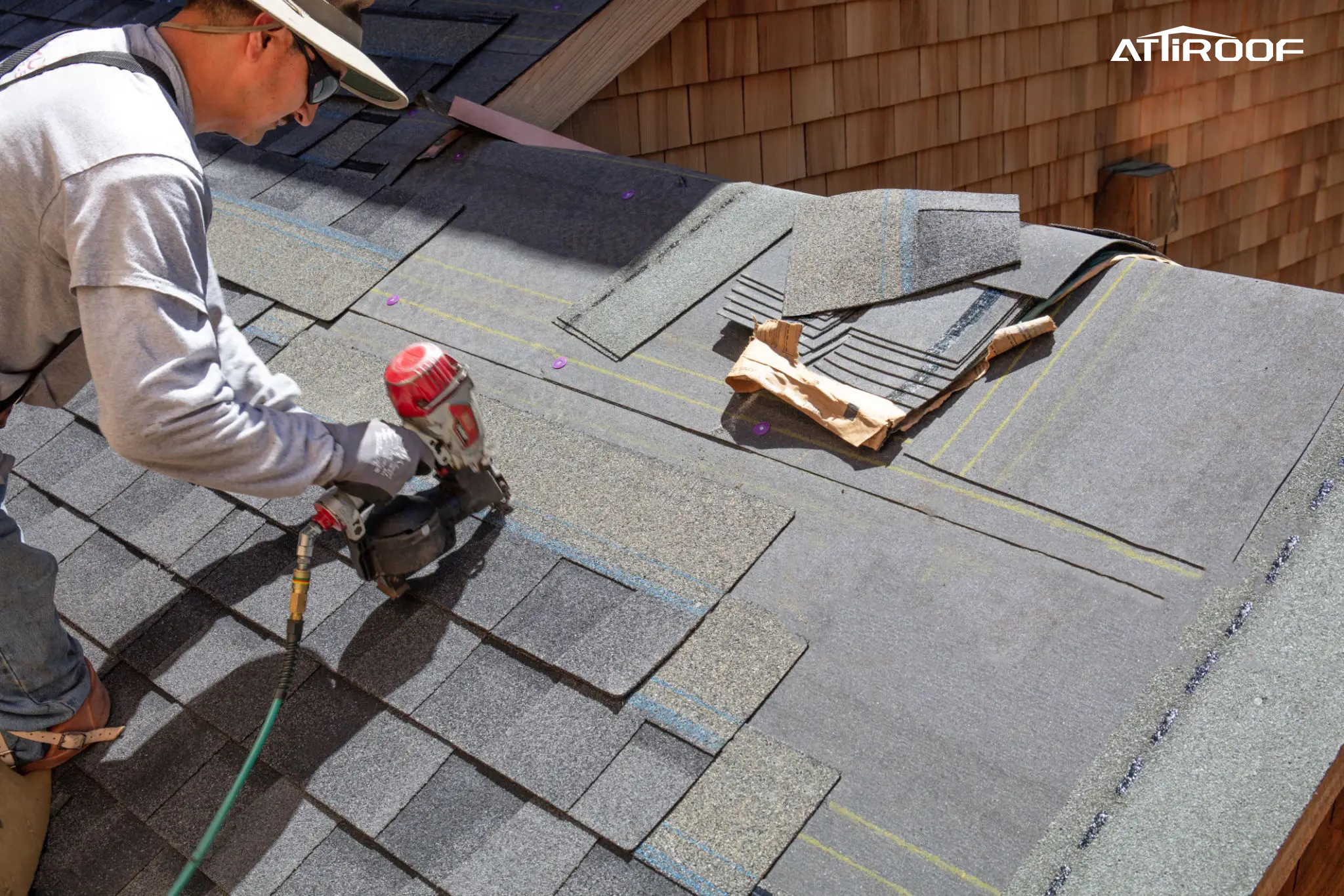
In conclusion, asphalt’s benefits are multifaceted, touching on sustainability, durability, acoustic comfort, cost-effectiveness, and efficiency. At Attiroof, our commitment to leveraging these benefits ensures that our roofing products are not only top-quality but also contribute positively to the broader environmental and economic landscape. Through our continued innovation in asphalt technology, we aim to enhance these advantages, providing solutions that meet the needs of today without compromising the well-being of future generations.

